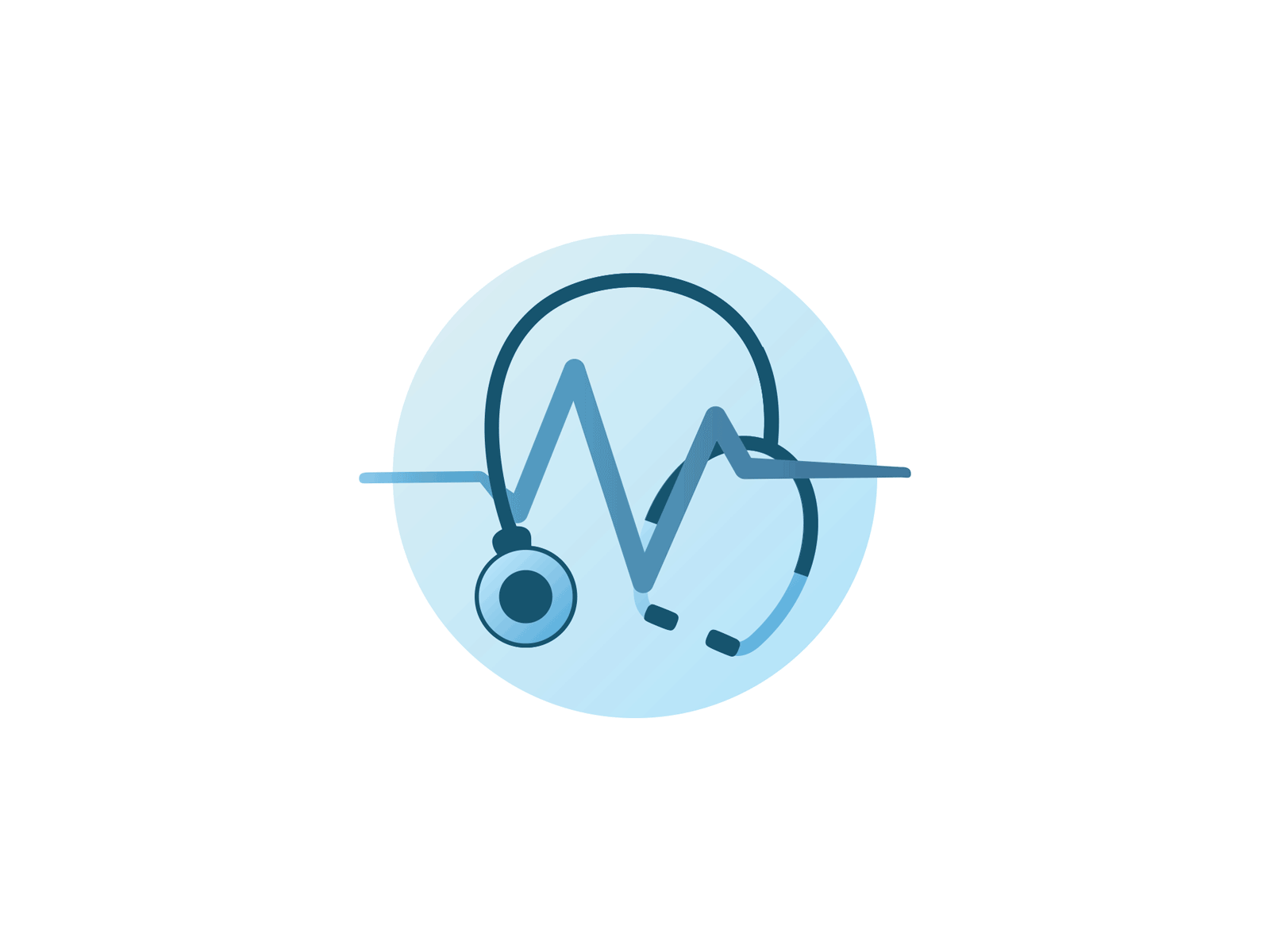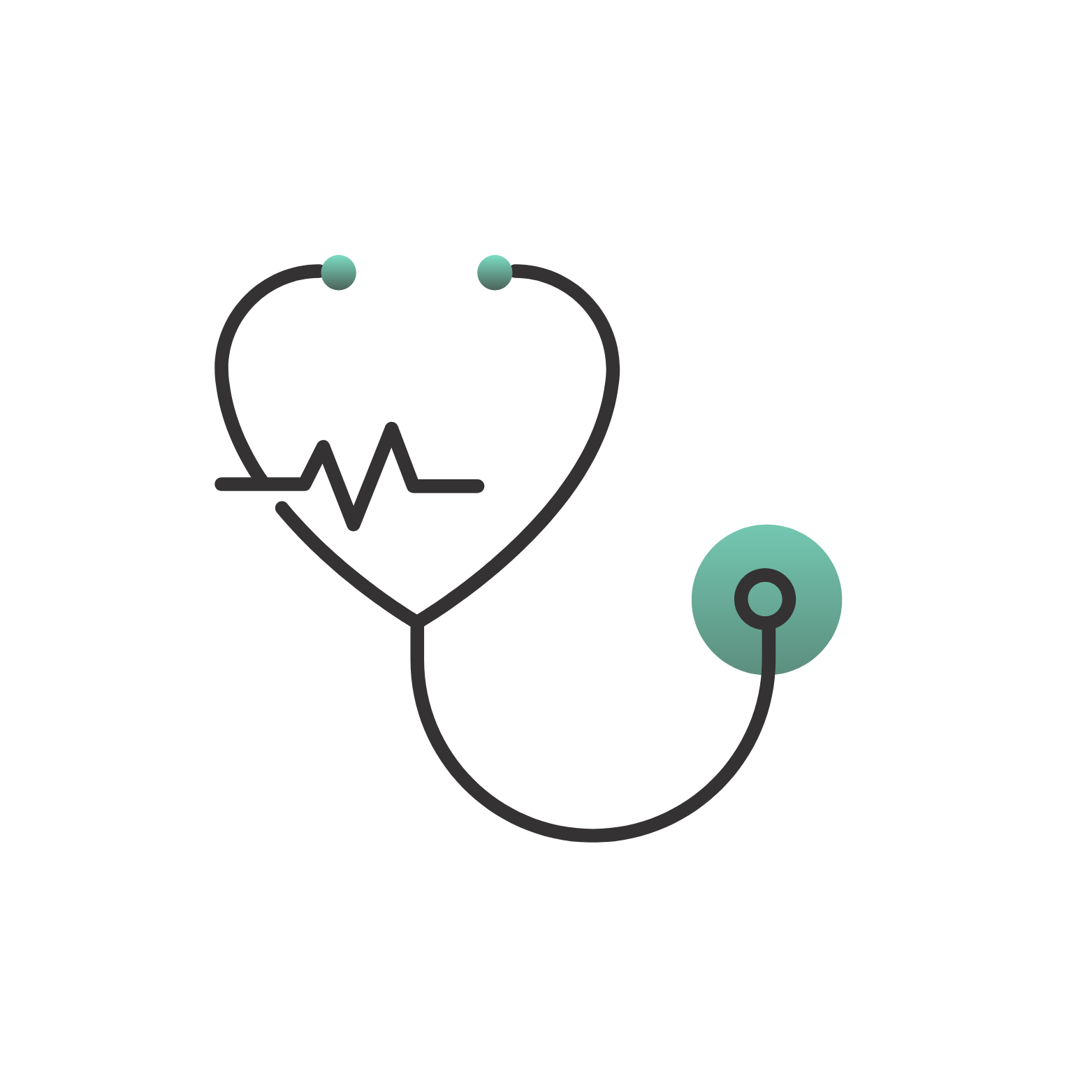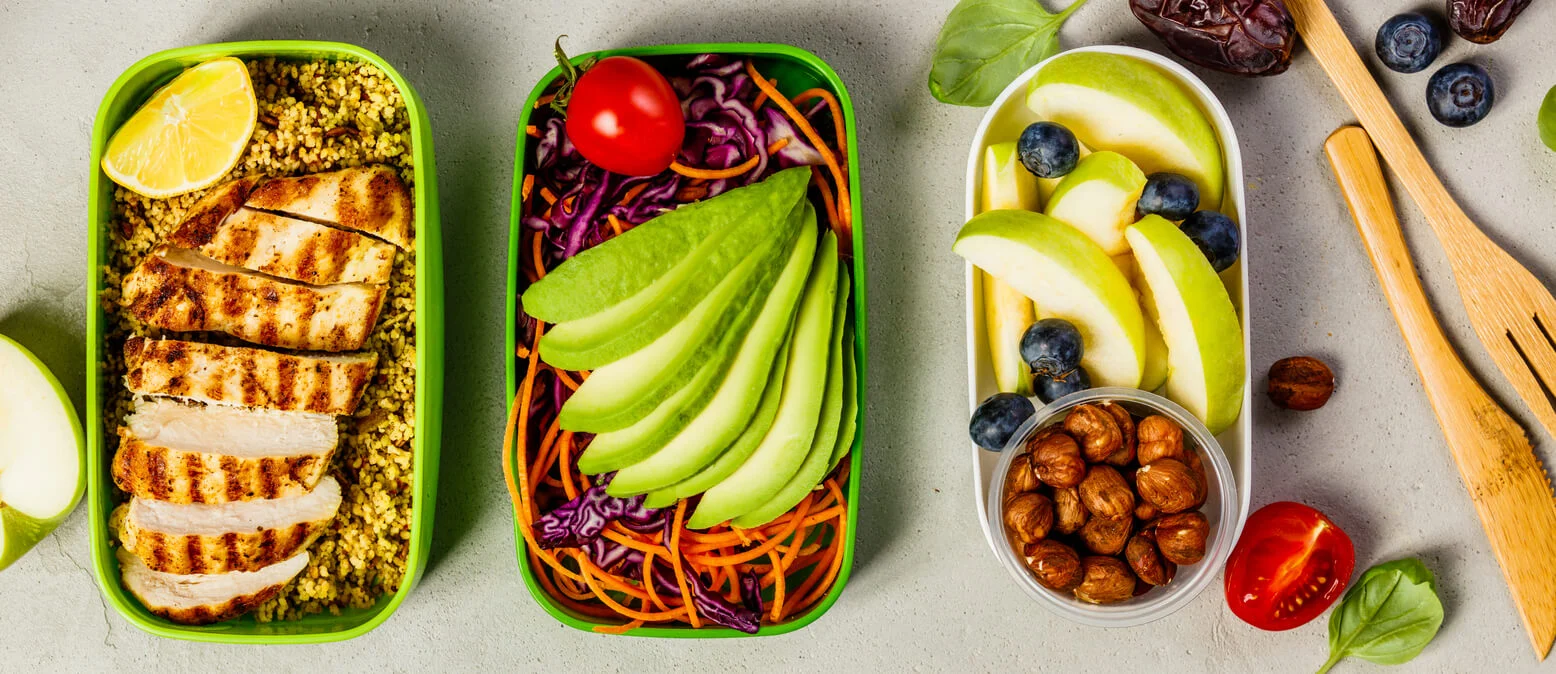


Anubhav H. Kumar
HPB SURGEON AND CONSULTANT

A balanced diet plays a critical role in maintaining liver health, as the liver is responsible for processing nutrients and filtering toxins. A liver-friendly diet emphasizes whole foods, lean proteins, and a high intake of fruits and vegetables. Here’s a closer look at some dietary factors essential for a healthy liver:
Antioxidant-Rich Foods: Fruits like berries and vegetables such as spinach are rich in antioxidants, which protect liver cells from damage.
Healthy Fats: Omega-3 fatty acids from sources like fish and nuts help reduce liver inflammation, which is crucial for preventing fatty liver disease.
Hydration: Adequate water intake aids the liver in detoxification processes, improving overall liver function.
Fiber-Rich Foods: Whole grains and legumes improve digestion, reducing the liver’s workload and enhancing its ability to metabolize fats.
Limiting Processed Foods: Foods high in sugars and unhealthy fats can contribute to liver fat buildup and inflammation, so it’s essential to limit them. The Mediterranean Diet
The Mediterranean diet, known for its emphasis on whole, unprocessed foods, is particularly beneficial for liver health. This diet includes:
Fruits and vegetables: A wide variety, focusing on seasonal and local produce.
Whole grains: Emphasizing whole, minimally processed grains.
Healthy fats: Predominantly from olive oil, nuts, and seeds.
Lean proteins: Including fish while limiting red meat and processed meats.
Even healthy foods can lead to weight gain and liver strain if consumed in excessive amounts. Practicing portion control is essential for maintaining a healthy weight and reducing the risk of fatty liver disease. Use smaller plates, pay attention to hunger cues, and try mindful eating practices to help regulate portion sizes.
Maintaining liver health through diet is a proactive step toward overall well-being. By embracing a variety of liver-friendly foods and avoiding harmful substances, individuals can support their liver function and reduce the risk of disease. If you have concerns about your liver health or dietary choices, consulting a healthcare professional or a registered dietitian can provide personalized guidance for optimal liver care.
Join Us Now, we are here to provide you with the best liver health care and surgical treatments.
© 2024 Created by DigitalHexa